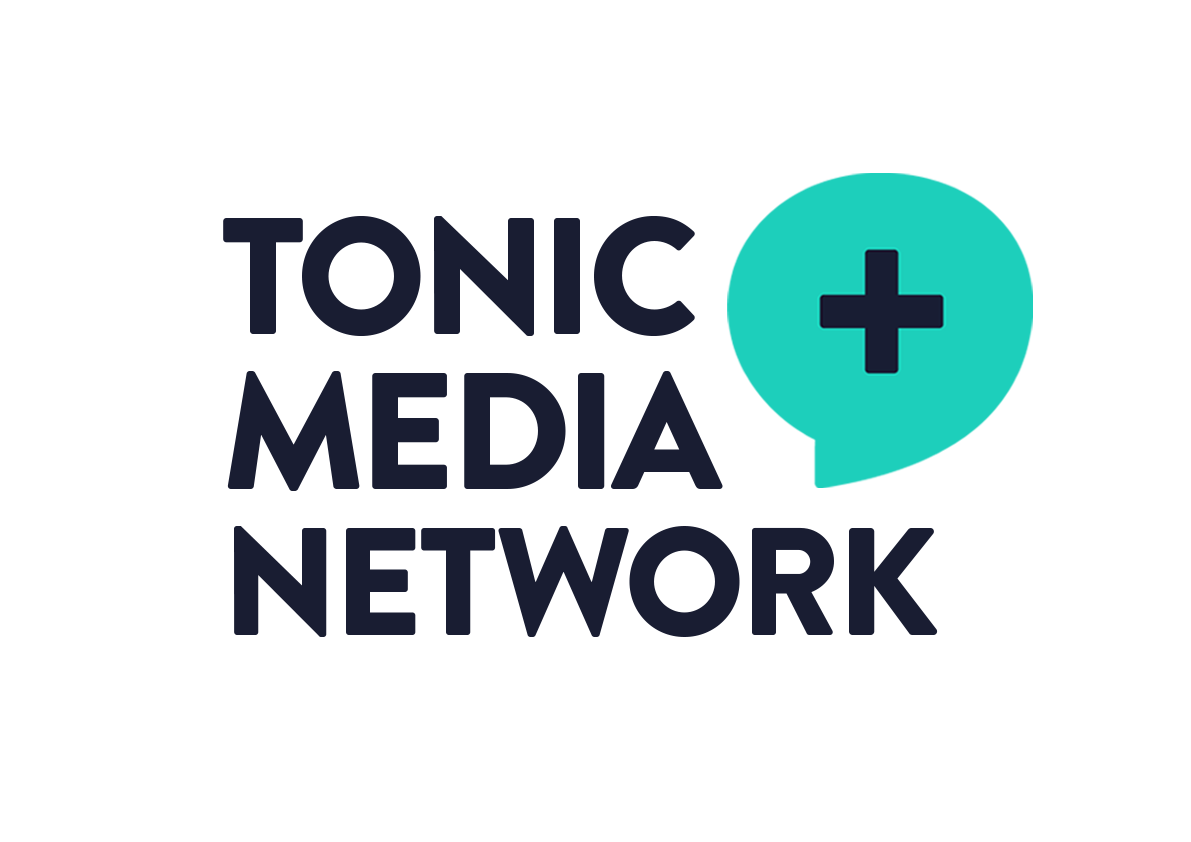Junk food is not the same as ultra processed food since not all ultra processed foods are harmful. For example, while infant milk formulas are ultra processed, they’re designed to match a baby’s nutritional needs in the absence of breast feeding. Protein supplements for the elderly are also ultra processed but probably lifesaving in some circumstances.
The definition of junk food is straightforward.
It’s the nutritional equivalent of garbage. It’s rubbish in a packet. Empty calories.
Junk food is factory-made and marketed to look good but is highly dense in calories, salt, sugar and synthetic chemicals (just look at the chemistry set described on the back of the packet). It is also low in the things that make food nutritious: fibre and natural micronutrients such as vitamins, minerals and bioactive compounds embedded in whole foods. The reason for emphasising whole foods is that micronutrients and minerals need the help of the other substances in whole foods to make them active and available. Calcium is a good example. Calcium supplements may sometimes do more harm than good rather than as calcium in foods like dairy.
Junk foods turn the rich diversity of the bugs in your bowel – your microbiome, to a monotonous, inflammatory landscape. It’s easy to get fat on junk food. Much harder with real food which makes you feel full, with fewer calories.
Junk food isn’t food. You’re swallowing a large company’s sales pitch. Good for them. Bad for you!
